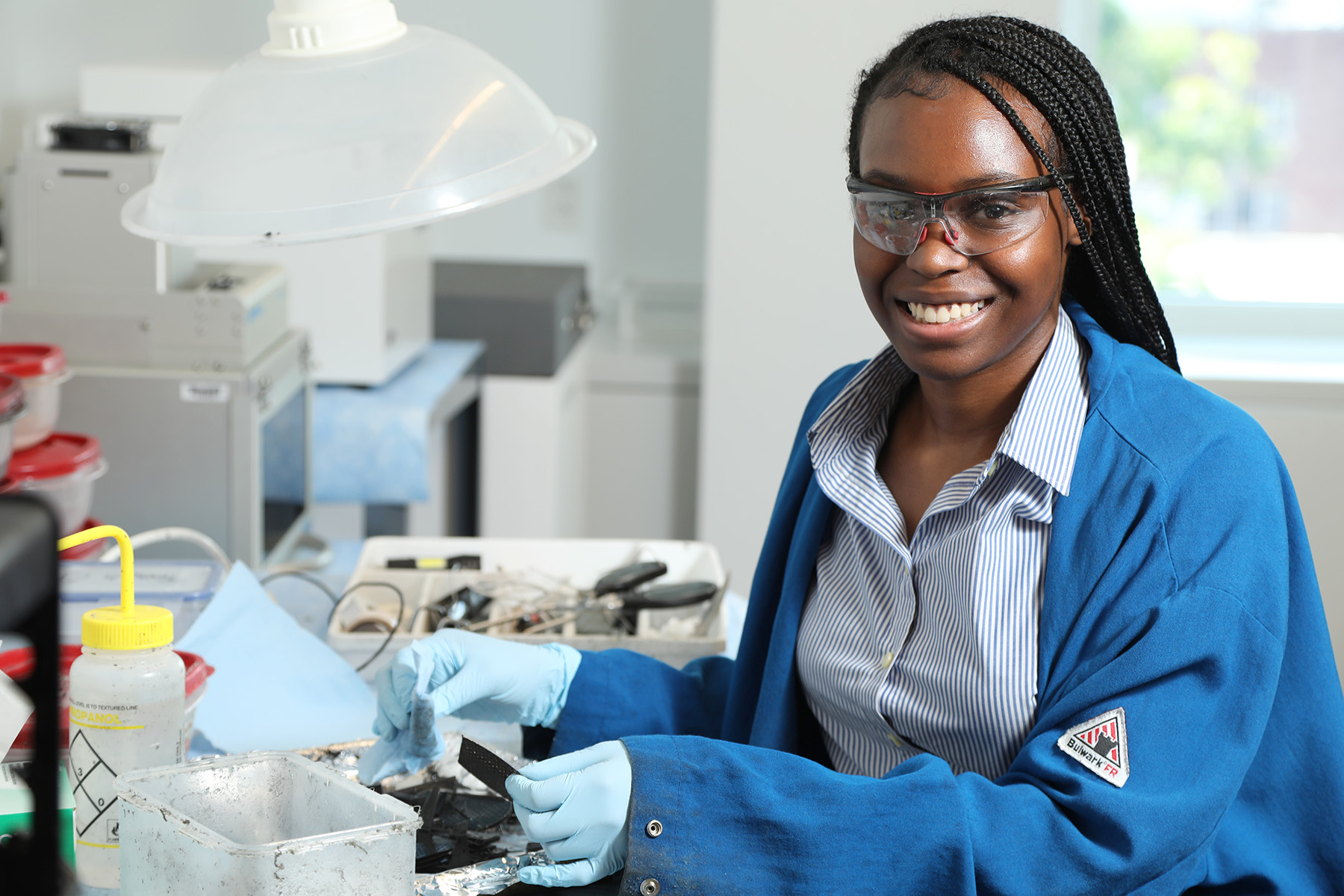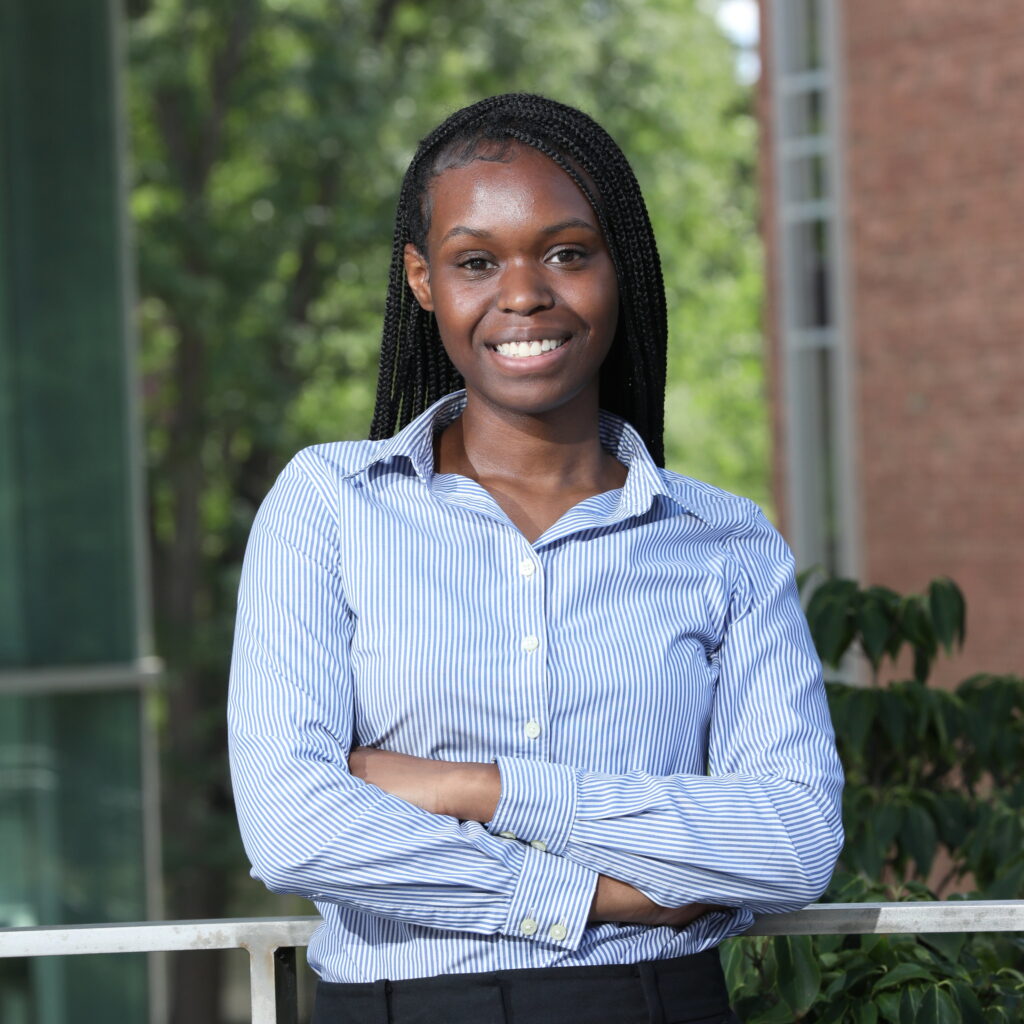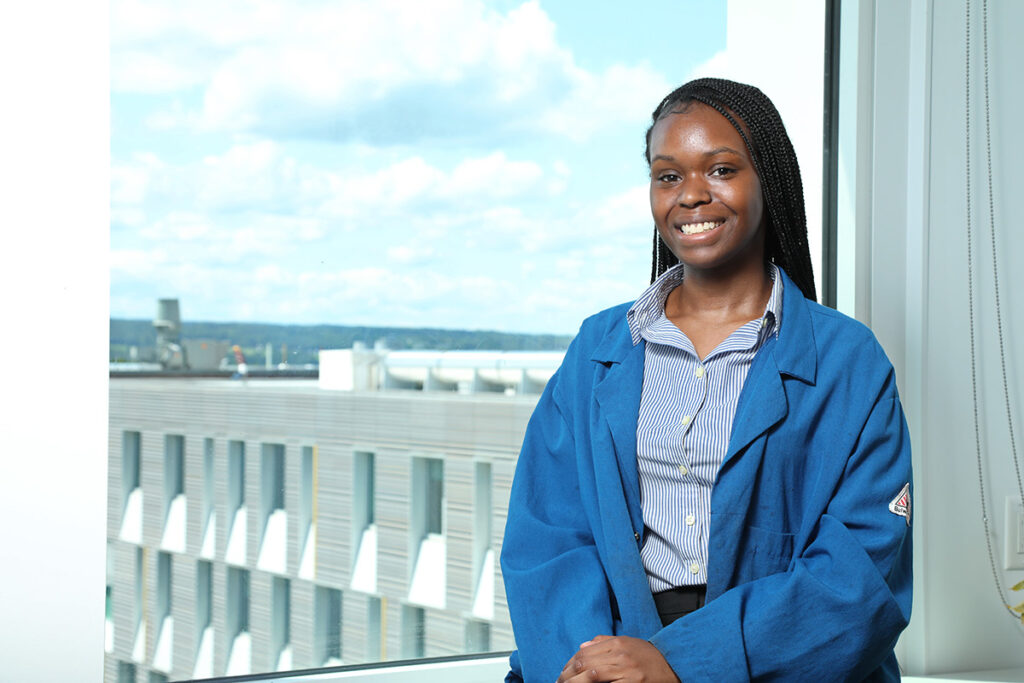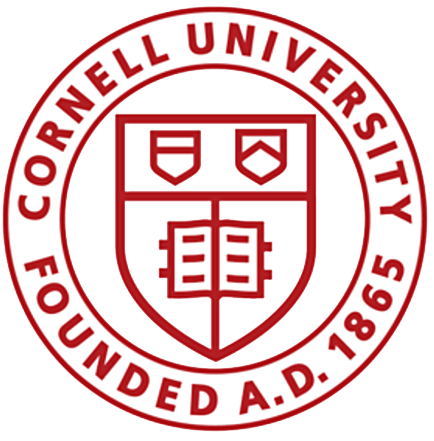Explore the world of research as we delve into the experiences of summer scholars with the Center for Research on Programmable Plant Systems (CROPPS). Join us in conversations with budding researchers as they walk us through their time in the 2024 Research Experiences for Undergraduates (REU) program for CROPPS hosted by the Boyce Thompson Institute (BTI), Cornell University, and the University of Illinois Urbana-Champaign.
Exploring the World of Research
An Inside Look with Sylvia Leggette from the CROPPS REU Program

Sylvia Leggette
- University: Tuskegee University
- Major: Environmental, Natural Resources, and Plant Sciences (concentration in Environmental Health)
- Graduation year: 2027
- Hometown: Jackson, Mississippi
- Project: Automated Engraving of Tomato Cotyledons Using a Carbon Dioxide Laser to Enhance Plant Regeneration
- Partner: Cornell University, through the Louis Stokes Alliances for Minority Participation (LSAMP) in Cornell Engineering’s Office of Inclusive Excellence
- Mentors: Robert Shepherd
The CROPPS program combines researchers from plant sciences, engineering, computer science, and the social sciences into an integrated program to plant biological research and translation. Tell us about your REU project with CROPPS faculty and fellow students
“The overall goal of my project was to automate the cutting segment of the transformation process using a carbon dioxide laser to reduce the labor input needed to cut and to hopefully increase transformation efficiency. My project focused on testing different power levels for engraving the tomato cotyledons and observing how they survive and regenerate as a first step to the overall goal.
This project is quite interdisciplinary as it features aspects of both plant science and mechanical engineering. My academic focus aligns closer with plant science, so I was interested in how those two fields would interact and come together for a cohesive project.”
What aspect of programmable plants do you find most interesting?
“I find the interdisciplinary aspect the most interesting. Through CROPPS projects, we are melding fields of plant sciences, microbiology, data science, crop science, robotics, and so much more. It is exciting to think about the future possibilities for these projects.”
CROPPS believes in the power of mentorship for young scientists. Tell us ways mentorship has impacted you as a scientist
What has been your favorite part of the REU program?
How has this summer experience prepared you for the future?
“This was the first time I had anything close to a real job in STEM. I learned what I do and do not want from a future work environment. My academic focus is Environmental Health, so adjusting to an engineering environment was difficult. It was also a large adjustment being in an Ivy League setting so far from home. This experience has prepared me for future research work and given me insight into what I might want if I choose to pursue my doctorate.
Some aspects I learned were important to me were proper work-life balance and a good culture among coworkers. These two things specifically had often been told to me as part of advice when looking for a job. However, it was a different thing to experience it firsthand. It has also given me insight into the graduate school process and what to look for when applying to labs.”






